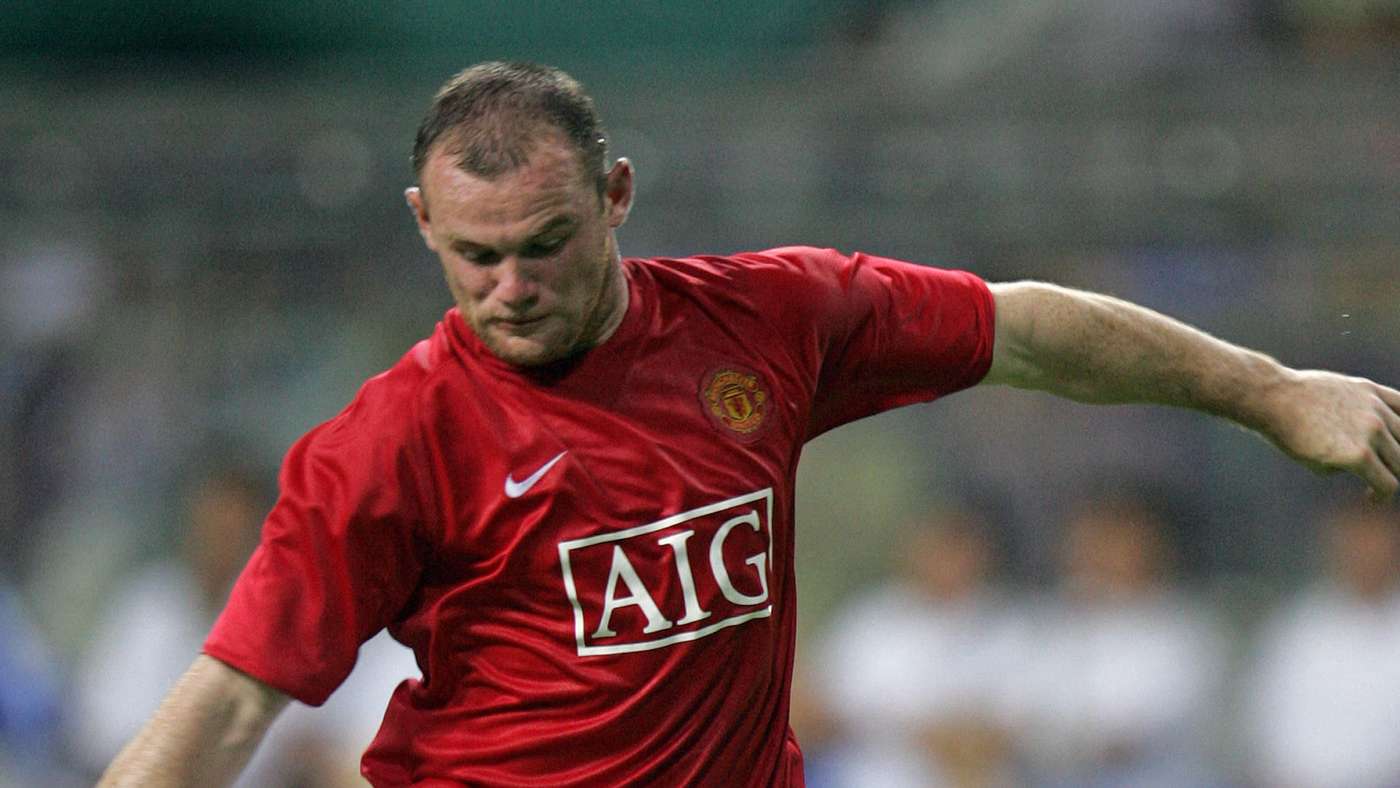Liverpool captain Virgil van Dijk has fired back at Wayne Rooney after Rooney questioned his leadership of the team following Liverpool's 2-0 victory over Aston Villa on Saturday.
Rooney, the former England captain, had expressed concern about how van Dijk and Mohamed Salah might be guiding Liverpool and suggested that their style of leadership could be a source of worry for the club.
Van Dijk replied after the win, describing Rooney's remarks as lazy and stressing that while he respects Rooney as a legendary figure, he does not share this particular critique. He added that this is his personal view and that it is easy to blame others, but Rooney knows that players and staff work together to overcome tough spells, and that last year when things went well, such comments were not heard.
The team continues to face pressure and van Dijk acknowledged the intense scrutiny that comes with leading a club of Liverpool's stature, noting that when results are going well, criticism is scarce, but when results dip, attention becomes harsher.
He stressed the need to perform for the team and the club and not just for himself, and said that he and the manager will be questioned when results do not meet expectations, which is part of the game.
Van Dijk commented on the broader media environment and the many platforms that amplify every remark, but he said there are no hard feelings and that disagreements are part of football.
On reports that manager Arne Slot is under pressure, van Dijk said he has heard the rumors but does not think the club will act hastily and that they believe they can move through this phase together.
He wrapped up by reaffirming belief in the team and the possibility of rising again if they remain confident and humble and keep working.
Wayne Rooney: career spotlight and English legacy
Wayne Rooney remains one of the most prominent figures in English football history, celebrated for his talent, fighting spirit and ability to deliver in big moments. Born in Liverpool on October 24, 1985, he began his professional journey with Everton, the other big club in the city, where his talent quickly drew attention for a bright future in football.
Rooney began at Everton's academy at age nine and broke into the first team in 2002 at 16, catching eyes with fearless runs and the ability to score from diverse positions. He is famous for a goal that ended Arsenal's long unbeaten run, signaling a rising star in English football.
In two seasons with Everton, he played 77 matches and scored 17 goals, which drew attention from bigger clubs. In the summer of 2004, Manchester United clinched the deal for around 27 million pounds, at the time the most expensive teenager in British football.
At United, Rooney flourished under Sir Alex Ferguson, transforming from a raw teenager into a global star. His debut season included a hat trick in his first Champions League appearance against Fenerbahce. Over 13 seasons at Old Trafford, he became the club's all-time top scorer, contributing to a period of great success with five Premier League titles, the 2008 Champions League, a Club World Cup, the FA Cup, and three League Cups.
Rooney was known for his versatility, starting as a forward before adapting to playmaker or winger as the team's needs dictated. His competitive spirit and determination to win made him beloved by United fans.
In 2017, he became the club's all-time top scorer with 253 goals in 559 appearances across competitions.
England and Rooney's international career saw him debut for England in 2003 at 17, becoming the youngest scorer for the Three Lions at the time. He appeared in four European Championships and two World Cups and was a central figure for a decade. He scored 53 goals in 120 international appearances, briefly England's top scorer before being surpassed by Harry Kane.
After leaving United in 2017, he returned to Everton for a single season before a move to Major League Soccer with D C United, where he continued to shine even as age advanced. Later, he joined Derby County in the English second tier, where he balanced playing with coaching and eventually took on the full role of manager in 2020, showing leadership in tough times and keeping the competitive spirit alive.
After retirement, Rooney pursued coaching full-time, taking roles at D C United and later Birmingham City. While his managerial start had its challenges, he has shown a clear desire to develop as a coach and leave a mark in management just as he did as a player.
Punchline 1: If leadership were a stat, Rooney would be negative in every season and still claim the top chair in the end.
Punchline 2: When Rooney critiques leaders, the pitch keeps playing and the team keeps scoring, which is probably the only trophy that never complains.




